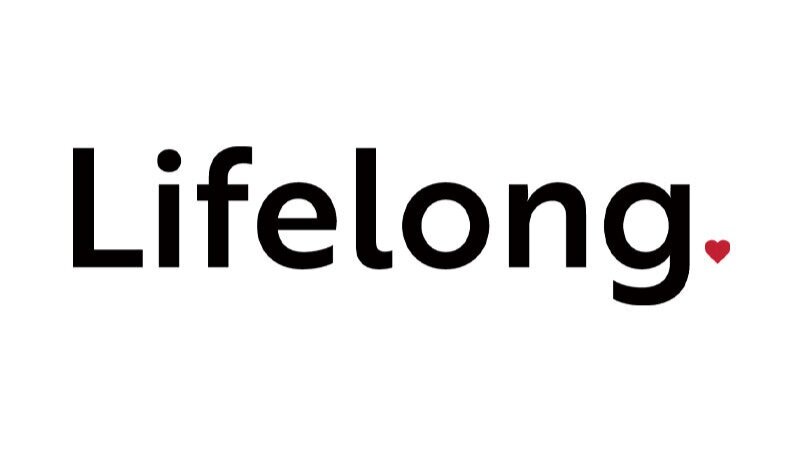Each year, the Association for the Study of African American Life and History designates a theme for Black History Month. It’s not surprising that 2022 is Health and Wellness, which is especially important as we enter into the third year of coping with the impacts of COVID-19, as well as February also being American Heart Month.
Did you know that Black Americans continue to experience worse health outcomes than white Americans when it comes to heart health?
According to the Center for Disease Control (CDC), African Americans ages 18-49 are two times as likely to die from heart disease than white Americans, and African Americans ages 35-64 are 50% more likely to have high blood pressure than their white counterparts.
The causes of these health inequities are deeply embedded in America’s history of racism. Seattle continues to face an affordability crisis and differential access to health care, food, and housing along racial and ethnic lines.
Black Americans have a 50% higher prevalence of hypertension, diabetes, and stroke, which ultimately drives higher rates of early mortality.
Photo credit: CDC
They have less access to affordable, healthy foods in their own neighborhoods and are more likely to be misdiagnosed or underdiagnosed by medical providers. Although the mortality rate for Black Americans has declined by 25% since 1999, we still have a long way to go for health equity. We must remember that these deaths are preventable and their continued prevalence shows that many of our neighbors are still being denied critical resources.
At Lifelong, we support people’s overall health by focusing on the importance of nutrition as part of someone’s care. Food and nutrition can reduce the symptoms and daily impact of many illnesses, minimize medication side effects, and provide comfort when it is needed most.
We’re proud to deliver heart-healthy medically tailored meals to our neighbors living with illnesses and facing various forms of injustice but the importance for these meals reflects much larger problems.
Bringing food to neighbors who rely on this care is necessary and meaningful, but we can’t view this as a permanent solution.
“We are committed to deepening our relationship with health services organizations that serve predominantly Black populations, like POCAAN (People of Color Against AIDS Network), African American Elders Program, and East African Community Services, along with listening to the needs of Black community members so we can expand our resources to support people with the care that is most essential,” said Caila Nickerson, MSW, Lifelong’s Director of Food & Nutrition Programs.
Organizations like Lifelong must continue to take responsibility for breaking down the systems that have benefited some while excluding others. We are committed to partnering with Black leaders and community members to undo these oppressions and inequities.
We are so grateful to be in this fight for health equity together. Health equity is rooted in anti-racism. By working toward equal health access for our Black neighbors, we celebrate healthy Black futures.
We stand with our Black neighbors now and in every month of the year. Black Lives Matter.
Further reading:
Learn more about what you can do for heart health
Learn about the history of Black History Month
Read ASALH statement on this year’s Black History Month theme
Read about underdiagnosis and misdiagnosis across different racial groups


